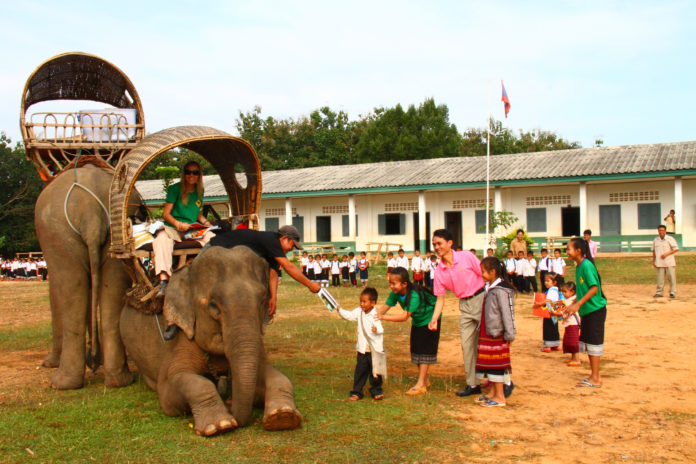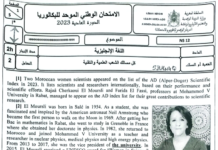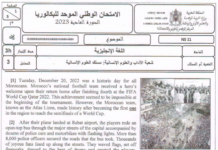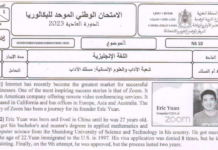The exam’s Comprehension Text
[1] In 2002, the International Federation of Library Associations and Institutions (IFLA) established a new section called Mobile Libraries with the aim of providing access to information for all residents, particularly in remote and rural areas in different parts of the world.
[2] In Thailand, a new mobile library called The Floating Library was launched. There are currently two bookboats in use, which offer a collection of over 2,000 books and educational facilities to riverside communities. Another way of implementing access to information in specific areas is the Elephant Libraries, where elephants are used to carry educational materials to 46 remote villages in Thailand. Materials carried by elephants include books, satellite dishes, generators, computers, video and CD players and writing boards. This project was awarded the UNESCO literacy prize for 2002.
[3] In Norway, a boat called Epos was built specifically to serve as a mobile library to reach rural areas. The book-boat carries approximately 6000 books, and visits 250 small communities twice a year. The book-boat sails from September to April, and each trip consists of 64 days in three regions. Every day it stops at one to four places for about one to two hours. Even in a rich country like Norway the school libraries are not well equipped to meet the children’s needs in today’s modern school. So for many of the students the book-boat is actually their main library.
[4] In Morocco, the ministry of culture and many non-governmental organisations have also adopted the idea of mobile libraries. Trucks or vans are used to carry different types of books to remote areas in Azilal, Errachidia and other regions. Library on Wheels is the name given to this outstanding service. The mobile library stops either at schools or public squares and provides its services for a period of time before moving to another area. In Essmara, for example, teachers of English started a project to facilitate the sharing of books among schools in the region in 2016. Each school has the list of books, and both students and teachers can request books they would like to read. Three volunteer teachers are in charge of keeping the books and then delivering them to a school whenever they are requested.
Adapted from:www.ifla.org
National exam | Scientific Streams | Catch-up Session 2018 with Answers





